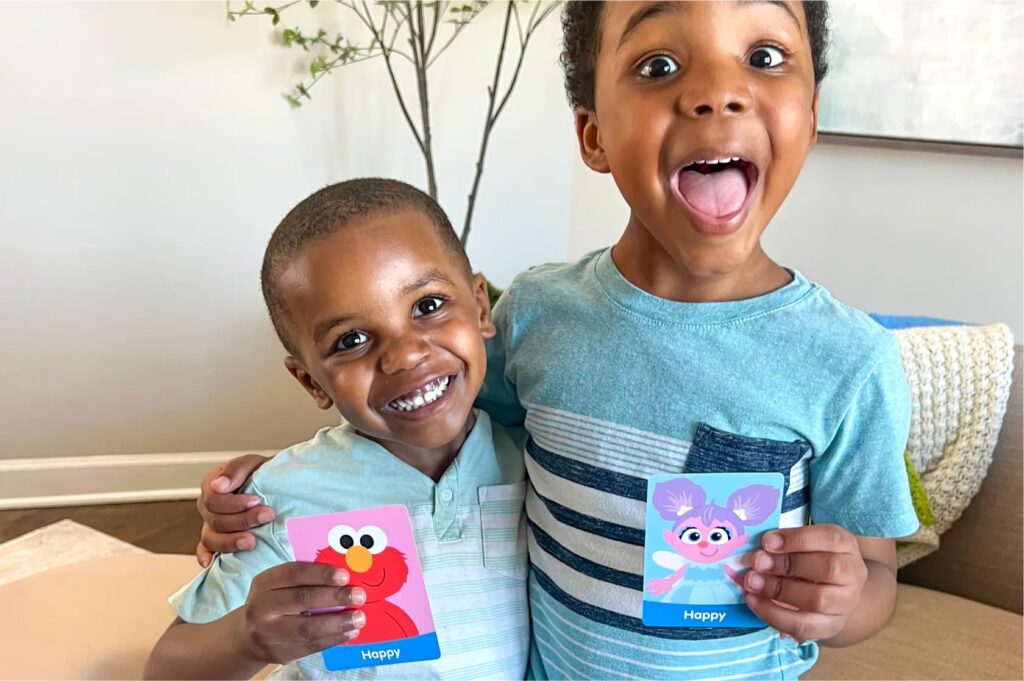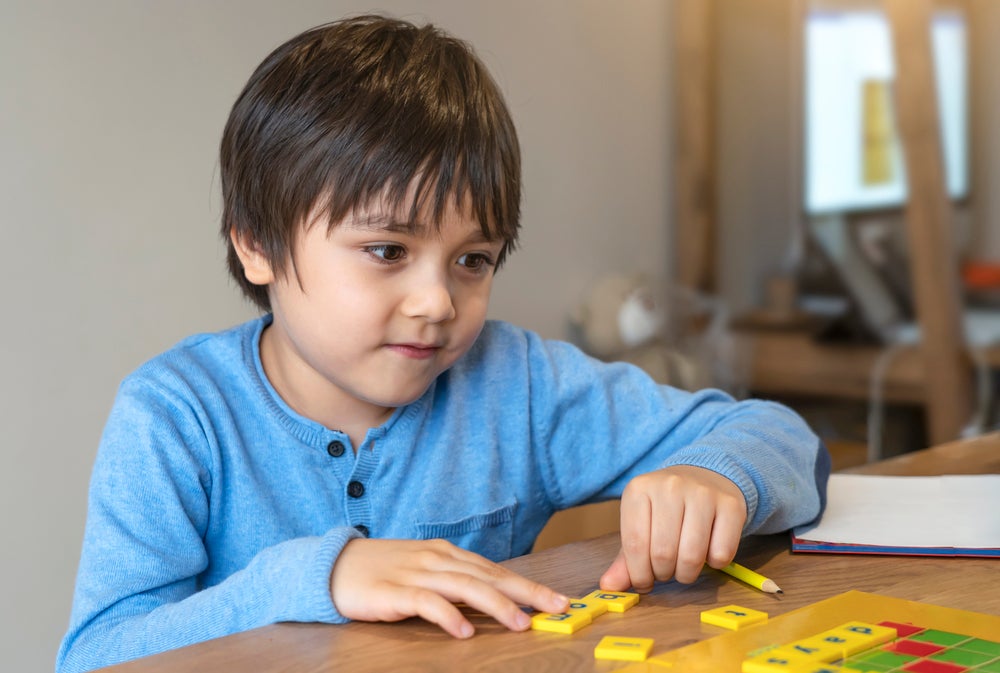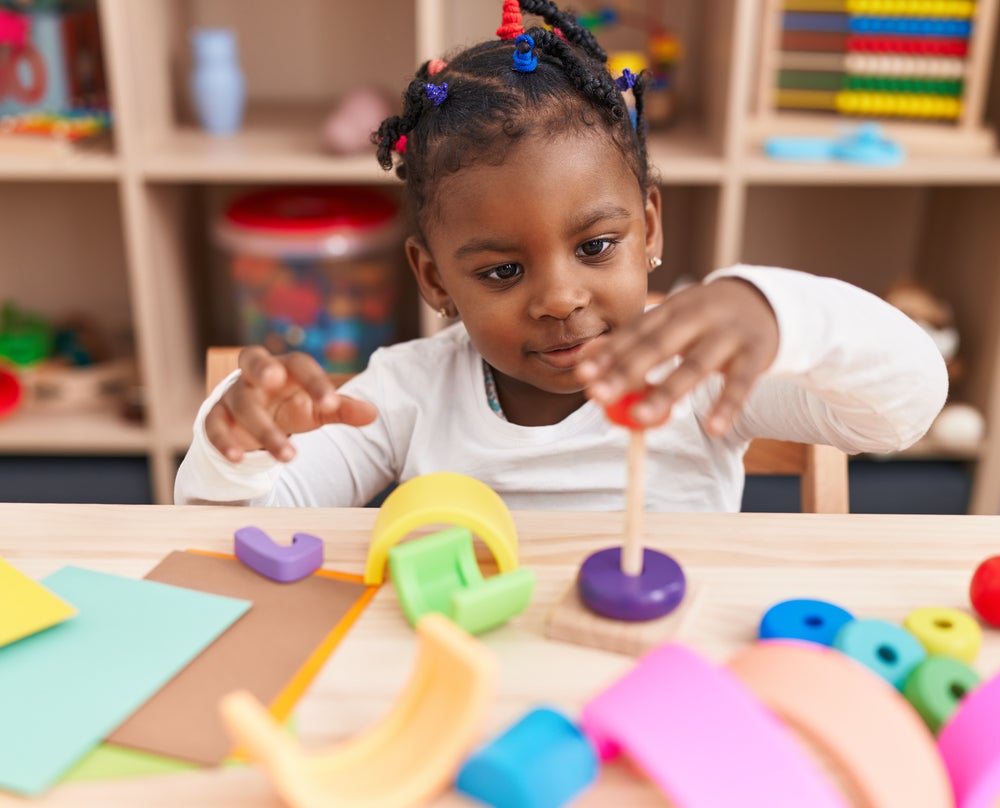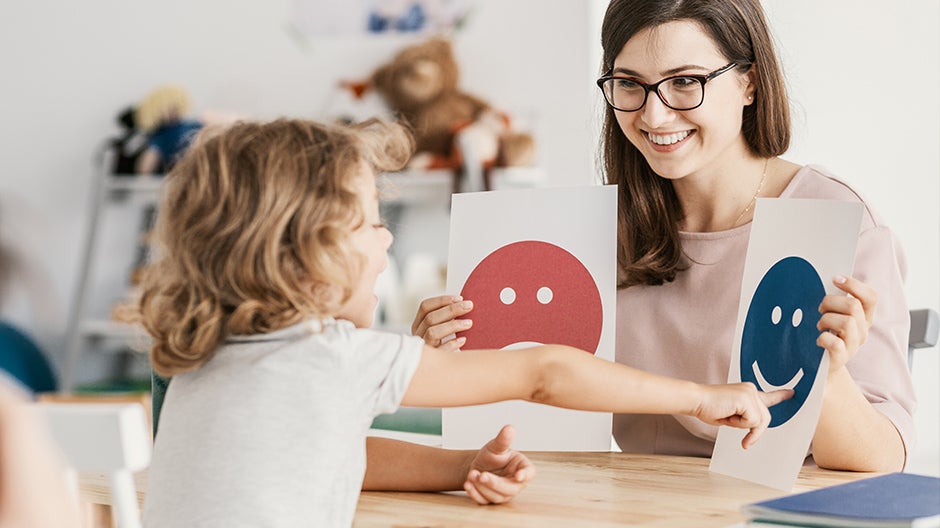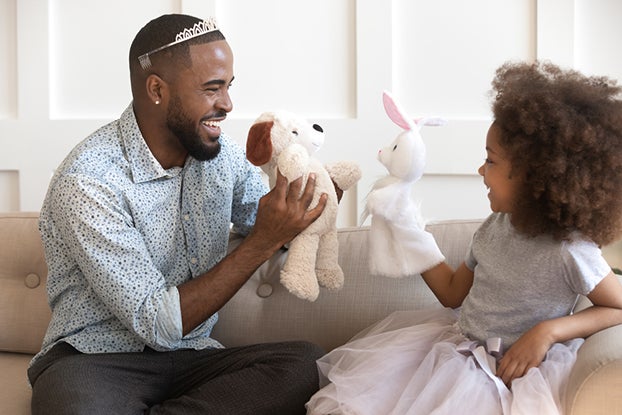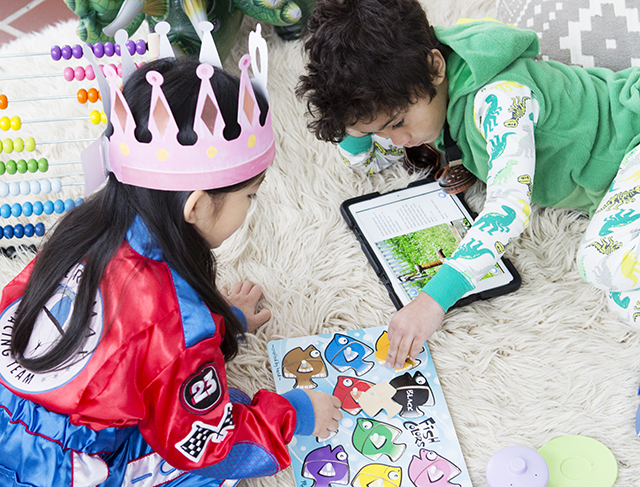
Q&A with Peggy Kaye, HOMER’s Chief Curriculum Officer
Many children feel that unless they read with the fluency of adults, then they are bad readers. Other children see classmates having an easier time learning to read and it makes them insecure. Children rarely accept the “everyone learns at a different pace” line — although it’s the truth. They don’t accept analogies like baseball players need a lot of practice before they are master athletes.
Most children want proof that their reading progress is OK and, more importantly, that it is OK with you. When I read with a child, I am quick to point out any strengths — authentic strengths — since children easily spot false compliments. “You read that hard word so easily!” “You remembered that sight word!” “That’s such a good observation about the story! I had not thought of that!” Ask a child to predict what might happen next in a story – you predict also – and when either prediction is right (especially when your child’s is right) delight in their perception and understanding.
Here’s another strategy I’ve used that has been known to change children’s perception of themselves as readers. Sometimes I tape a child reading and then a few months later tape them reading the same text again. The child can listen to the two tapes and hear how they have progressed. We take advantage of this notion in HOMER Reading by having children record our First Readers. These are a series of 61 books that get harder and harder as a child learns to sound our more and more words. Children record themselves reading and can then listen to themselves afterwards. This can be a powerful way to show children their reading strengths. I also keep a reading diary of what a child has read. We can look back at books read months ago and smile at how those same books seem so easy now. This kind of confirmation can help a child overcome the embarrassment of feeling like a terrible reader which can, in turn, encourage them to try harder.


